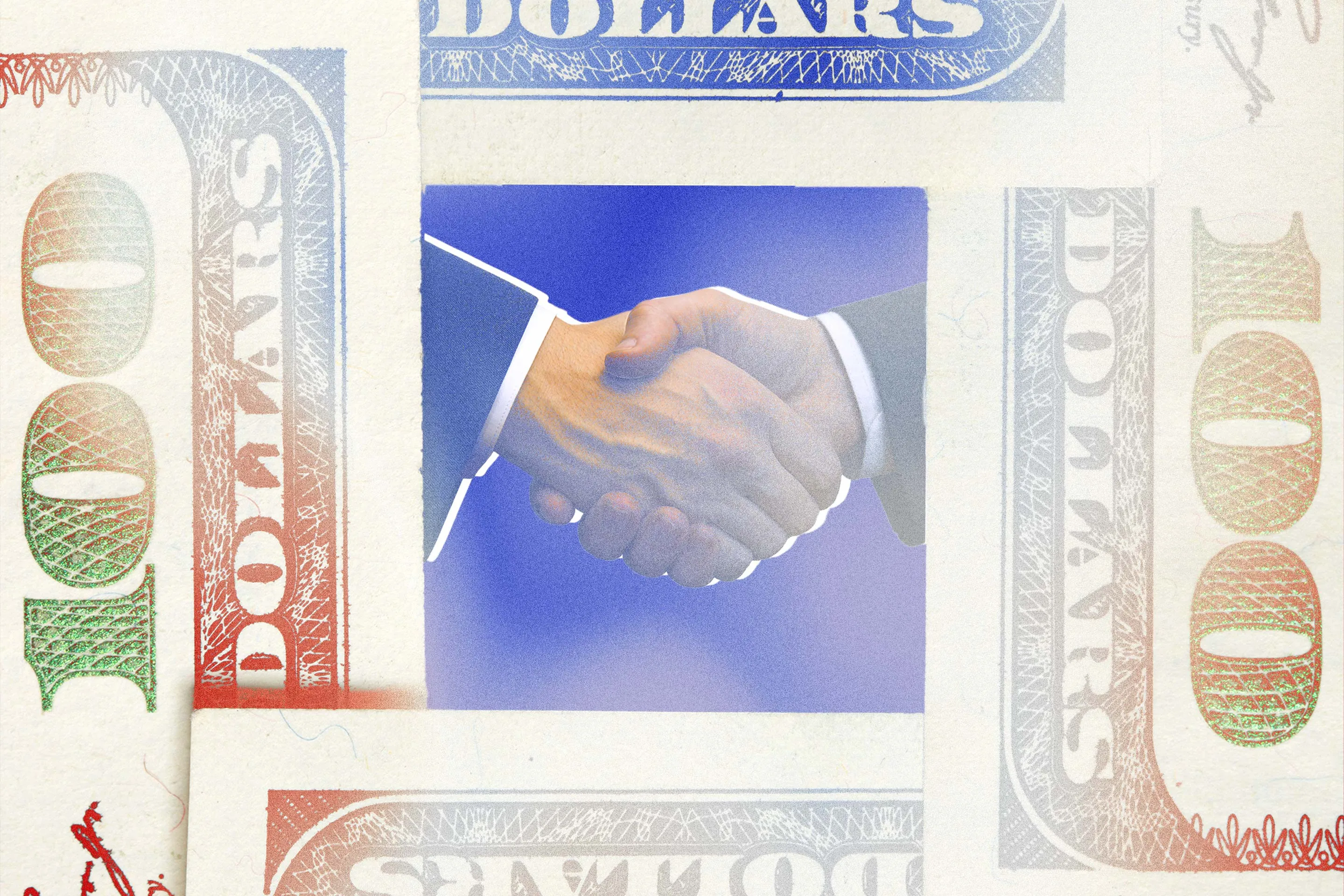As Election Day approached, former President Donald Trump and multi-billionaire Elon Musk experimented with an unconventional campaign tactic: giving money directly to voters.
Musk, who is campaigning full force for Trump in key battleground states, has pledged to give $1 million every day to a registered voter in a swing state who signs a petition supporting the First and Second Amendments.
So far, Musk’s political action committee, known as America PAC, says it has given $1 million checks to at least eight voters.
On Monday, CNN reported that Philadelphia’s progressive district attorney had filed a lawsuit to stop Musk’s PAC giveaways. And last week, the Justice Department allegedly sent Musk a letter about the legality of the distribution. At one point, the daily frequency seemed to slow down, but Musk continued to give away money. (Neither Musk’s PAC nor the Justice Department responded to Mani’s request for comment on the letter.)
This follows a related financial incident during a campaign stop in Pennsylvania last month. Trump visited a grocery store and directly handed shopper Jenny Kantz, a mother of three, a $100 bill as she paid, saying, “It (the grocery bill) just went down $100. We’ll do this for you for the White House, okay?” Kantz later told New York Post that she had kept the $100 bill and was planning to frame it.
The cases — especially Musk’s $1 million giveaway — have sparked fury on social media, with some experts arguing they are illegal campaign finance violations while others dismiss the allegations as baseless.
According to Bradley Smith, a law professor at Capital University School of Law in Columbus, Ohio, and former chairman of the Federal Election Commission, the answer is not clear-cut.
“I don’t think it’s common anymore (to give voters money),” he says, “but that doesn’t necessarily make it illegal.
Smith was appointed to the Federal Election Commission by former President Bill Clinton as a Republican commissioner and later became vice chairman and eventually chairman. Earlier this year, Smith was hired by Trump’s legal team as an expert witness on campaign finance law during Trump’s hush money trial, but ultimately did not testify.
The Trump campaign did not respond to Money’s request for comment on the cash distribution. The FEC declined to comment, saying the agency is not allowed to talk about individual candidates or committees.
Can presidential candidates just hand you money?
Smith says federal election law codifies two key things: A candidate or campaign cannot pay you to vote in a certain way. They also can’t pay you to register to vote.
Historically, the US has had a tradition of candidates paying for drinks in pubs. For example, Smith says, when George Washington campaigned for the House of Burgesses in Virginia, one of his largest expenditures was rum. Some states now prohibit such gestures, but they remain quite common today.
However, directly transferring money to voters during the election campaign may be a more explicit extension of this line.
Legally, if the money isn’t tied to voting or registration, candidates can technically give you a wad of cash under the letter of the law. But context is critical.
When Trump handed Kantz $100, did he mean “vote for me”? Or was it a “symbolic trick” to show “what great things would happen if he became president,” Smith says, noting that those are the kinds of issues that would have to be debated in court.
In Musk’s case, the key requirement to qualify for the $1 million giveaway is that you must be a registered voter in one of the eligible swing states and sign his petition. Smith says the “intermediate step” is critical because although the distribution may stimulate people have to register to vote, people are not paid directly to register.
This leaves both scenarios in a legal gray area, Smith said. He says it’s possible that an ambitious or biased prosecutor might want to pursue a lawsuit, but the FEC is under no obligation to pursue one.
“I could tell you if someone is clearly violating the black letter law,” Smith says, “but I don’t think they are.”
Still, he says, if he were advising candidates, he would share this advice: “Don’t give voters money,” he says. “Obviously, this opens you up to the charge that you are paying them to vote for you, even if you don’t specifically ask them to.”
More money:
5 Things to Know Before Making a Political Donation
Harris vs. Trump on housing
Harris vs. Trump in retirement
